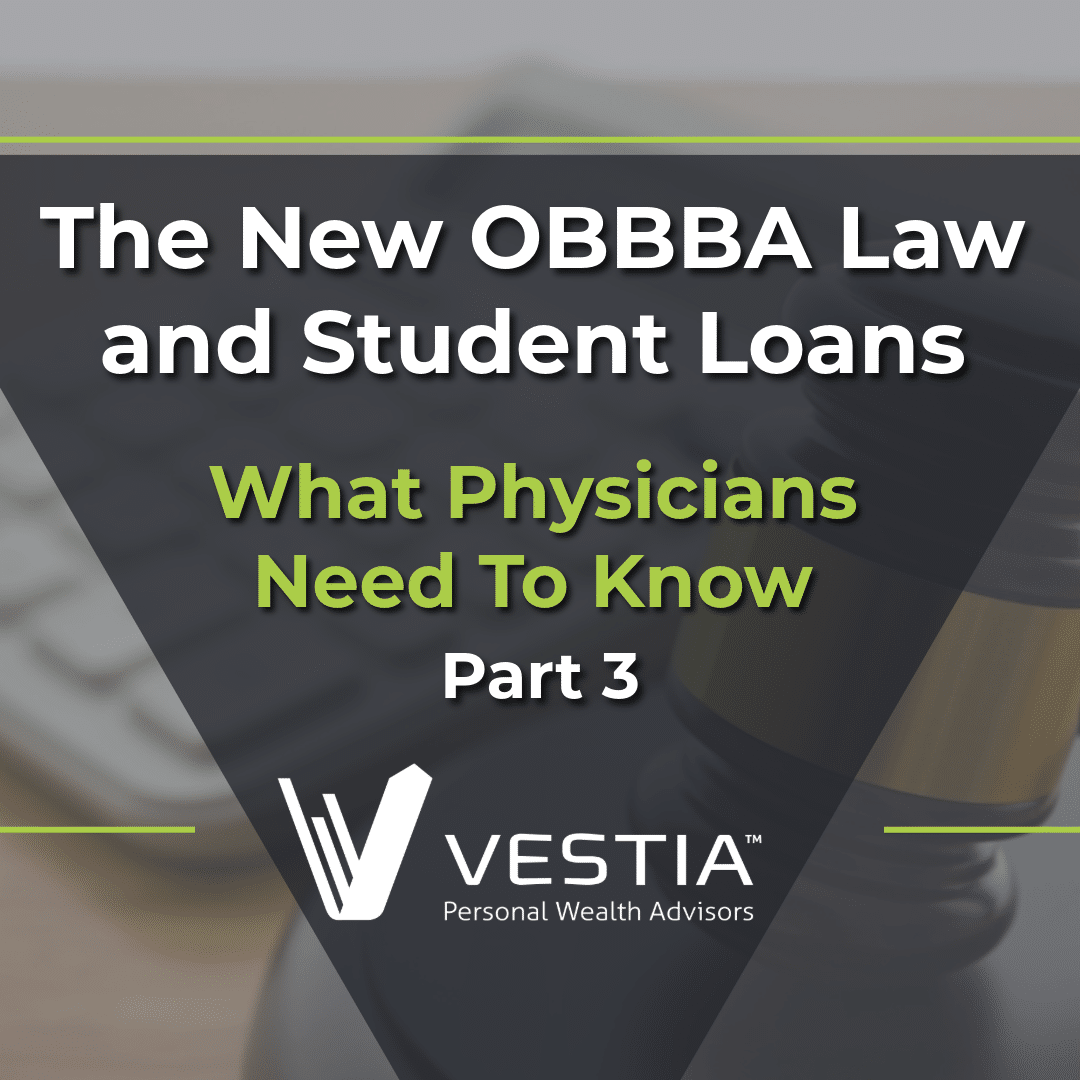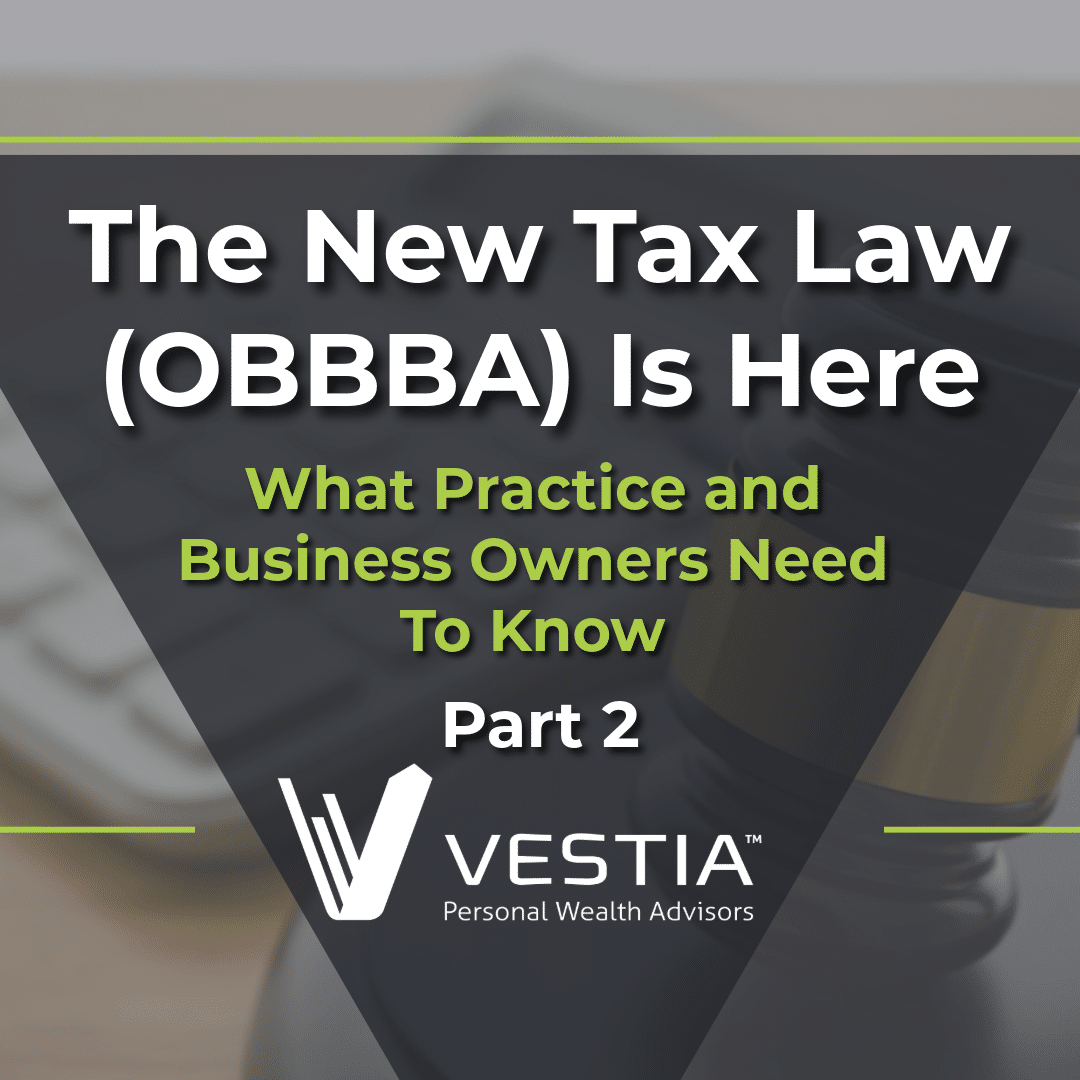A Health savings account (HSA) can be a powerful tool for long-term health savings and can even help you save for medical costs in retirement, which may come in handy down the line. A Fidelity study found that a 65-year-old couple retiring in 2022 would spend about $315,000 (after-tax dollars) on medical costs alone.
An HSA can help you bridge that gap. Tax benefits and saving on medical expenses are just two ways doctors can take advantage of their HSA.
Let’s take a closer look at how an HSA works and if you’re making the most of your contributions.
What’s A HSA?
A Health savings account (HSA) is a tax-efficient savings tool that allows you to set aside pre-tax funds to pay for qualified medical expenses like medical, dental, prescriptions, and vision care. You must enroll in a high-deductible health plan to contribute to an HSA.
Along with being enrolled in a high-deductible health plan, to be eligible for an HSA, you must:
- Have no other health coverage
- Not be enrolled in Medicare
- Not be claimed as a dependent on someone else’s tax return
Maximum contribution limits for 2022 are $3,650 for individuals and $7,300 for families. Individuals 55 or older are eligible for a “catch-up” contribution of $1,000.
A primary advantage of HSAs is their triple tax benefit: pre-tax contributions, tax-free growth, and tax-free distributions for qualified medical expenses. This tax-free growth can make a considerable difference in the long run! You can also take the funds in your HSA with you if you leave your current job, so you don’t have to worry about losing it.
But there are a couple of drawbacks. If you use your HSA for non-qualified expenses, you may have to pay a 20% penalty and income tax on the distribution. Check with your plan to see what expenses are or aren’t qualified.
The high-deductible requirement can also be a red flag for some. While each plan differs in scope, all qualified plans fall within the IRS-mandated limits, and those don’t come cheap. The current out-of-pocket-maximums for HDHPs in 2022 are $7,050 for individuals and $14,100 for families, which can be a tough pill to swallow—but every physician’s budget is different.
Want To Maximize The Account? Invest It
Did you know that you can invest funds in your HSA?
Investing within your HSA is perhaps one of the most underutilized components of this tool.
In fact, only 7% of people with an HSA invest their funds! So many use the account as a piggy bank, not a strategic investment. Without investing, the cash sitting in like account likely isn’t earning much interest.
The good news? You can put your money to work by investing it in appropriate funds to take advantage of compounding returns over time.
Some HSAs offer tools that help you select appropriate investments and automatically rebalance your portfolio, though it’s usually best to consult your financial team to craft a tailored plan.
When you invest your HSA, you set the account up to grow over time. And unlike flexible spending accounts, HSA funds roll over every year, allowing you to further expand the value of your portfolio.
To Invest Or Not To Invest HSA Funds: A Case Study
We had a long-time client who switched to a high-deductible health plan and opened an HSA but didn’t alert us to the changes.
When updating our files, we noticed they were contributing to an HSA. So at the next meeting, we logged in together and saw over $20k sitting in cash!
The doctor heard they could invest the money, and it could grow tax-free and just assumed that was automatically happening simply by setting up and funding an HSA. You know what they say when you assume things…
We invested the funds and now oversee this account, so they don’t miss any time in the market by sitting out in cash. There are two lessons here: invest your HSA, and don’t forget to keep your financial advisor up to date.
Save Your Receipts for Retirement
Even in the digital age, it’s important to save your receipts. Once you turn 65, you can reimburse yourself via your HSA for previous medical expenses.
How it works: You contribute money to the HSA, let it grow for as long as you want, and then take a tax-free distribution when needed. It can be that easy!
Your medical receipts allow you to pay yourself back in retirement, and the best part is that the funds are tax-free for qualifying medical purposes. But you can’t reimburse yourself for any expenses that occurred before opening the account.
PSA: The funds in an HSA don’t expire, so you can use the money to pay medicare premiums in retirement! This is especially important for high-earners because Medicare IRMAA premiums could be higher if your income exceeds set thresholds.
Fill Up From Another Tax-Free Bucket
As high earners, doctors must consider their present and future tax liabilities, and investing in an HSA gives you more tax-free money to work with. Tax-free funds can give you more freedom and flexibility when building your retirement spending plan.
Plus, HSAs permit a unique rollover opportunity. Suppose you don’t have much money in your account (or have an expensive procedure coming up). In that case, you can roll over a maximum of your HSA contribution limit—$3,650 for individuals in 2022— from a traditional or Roth IRA into your HSA.
This transfer can only occur if you’re covered by a high-deductible health plan and will continue to be for one year after the transfer. Note that this can only happen once in your life but can be highly beneficial for those who want to start building an HSA nest egg.
Also, similar to a Roth IRA, HSAs don’t have required minimum distributions, so you can choose when and how to use the funds (within the medical/health sphere, of course).
Healthcare costs are rising exponentially, so having a cushion to help cover the expenses if or when needed could be helpful.
Keep Ahead of The Curve.
A well-integrated investment strategy can help you build wealth, reach your financial goals, and give you peace of mind knowing that you and your family are well-accounted for.
The best investment strategy takes advantage of every possible opportunity, which is why we believe doctors should make the most of their health savings accounts. Set up a call with our team to see how you might be able to better utilize your HSA!
Disclosures
Investment advisory services offered through Vestia Personal Wealth Advisors, Vestia Retirement Plan Consultants, and Vestia Advisors, LLC. Securities offered through Ausdal Financial Partners, Inc., 5187 Utica Ridge Rd, Davenport, IA. 52807 (563)326-2064. Member FINRA/SIPC. Vestia Personal Wealth Advisors, Vestia Retirement Plan Consultants, Vestia Advisors, LLC, and Ausdal Financial Partners, Inc. are independently owned and operated.
This material is intended for informational purposes only. It should not be construed as legal or tax advice and is not intended to replace the advice of a qualified attorney or tax advisor. This information is not an offer or a solicitation to buy or sell securities. The information contained may have been compiled from third-party sources and is believed to be reliable. All investing involves risk, including the loss of principal.



